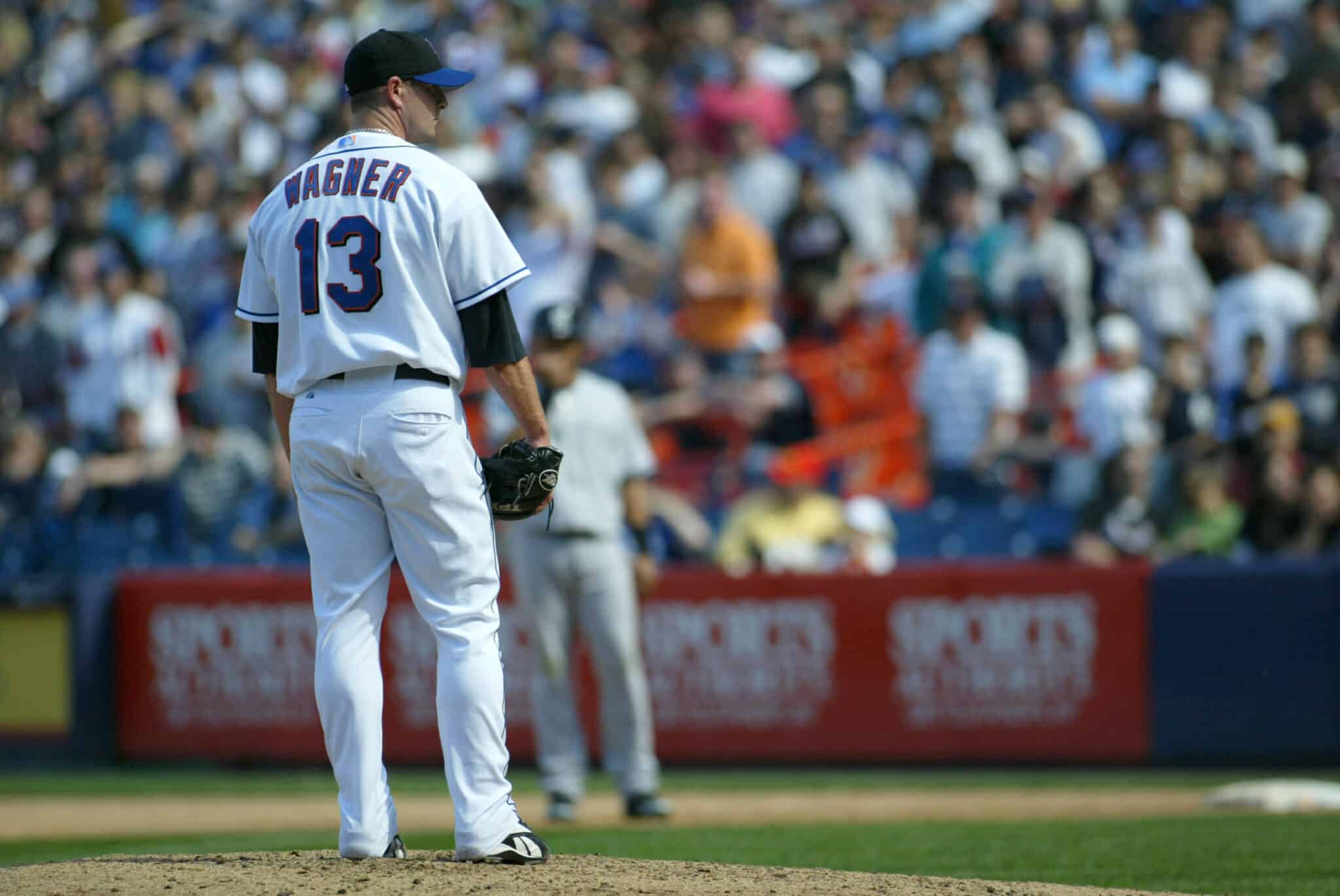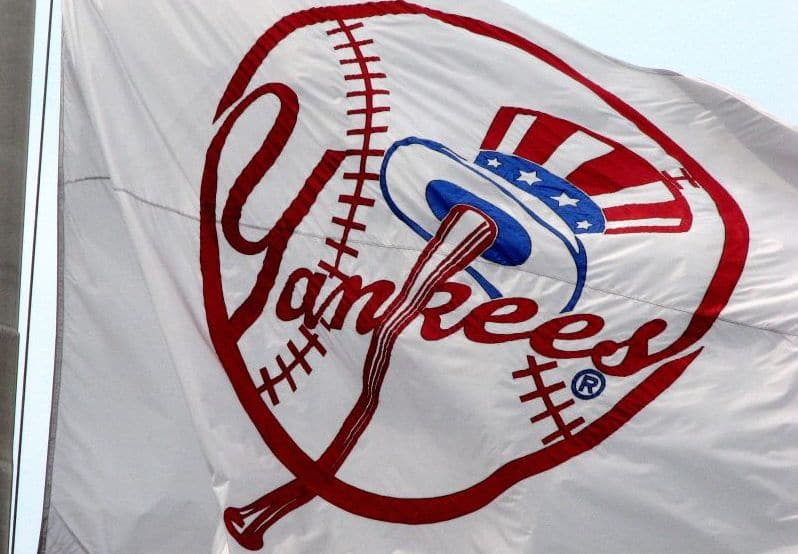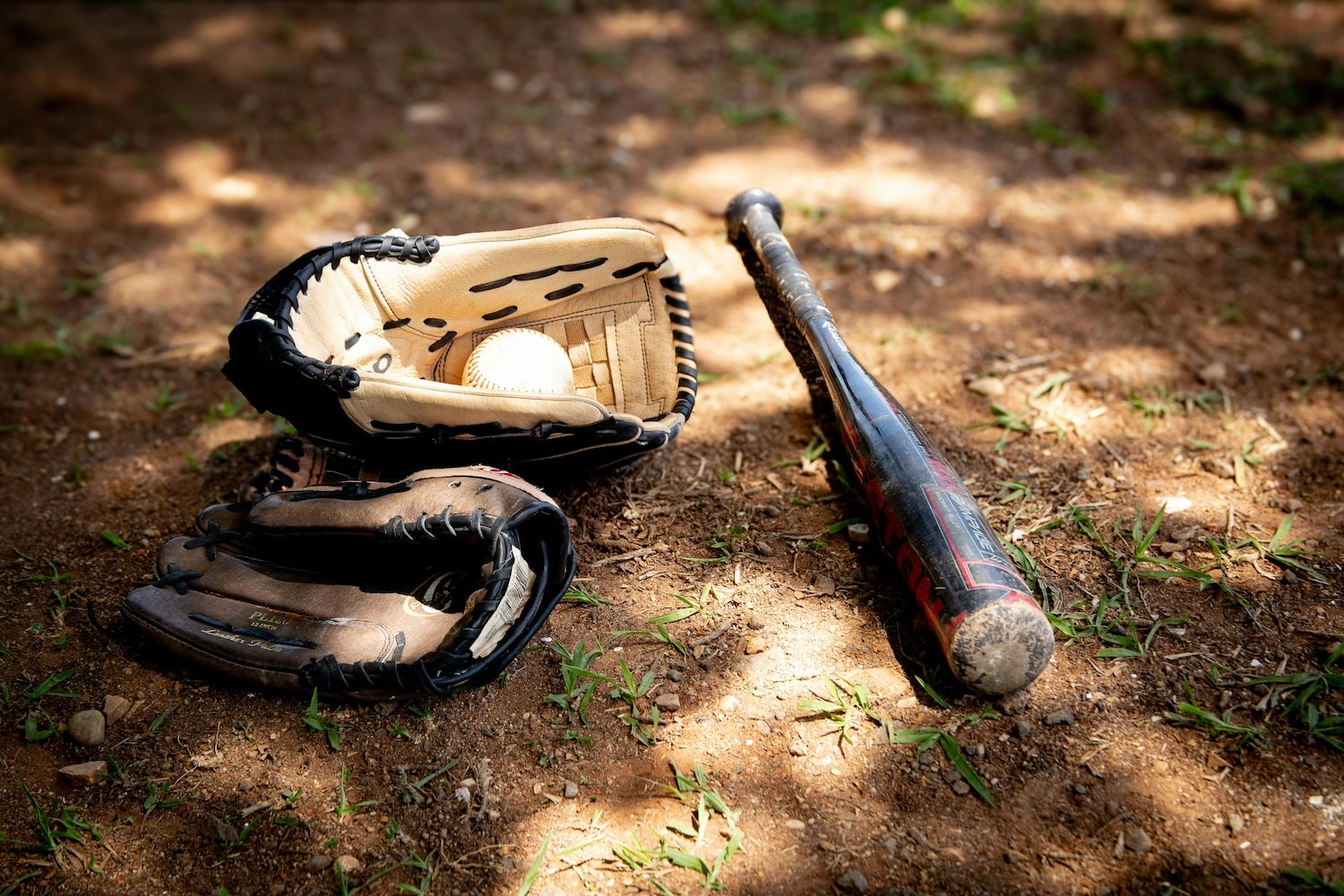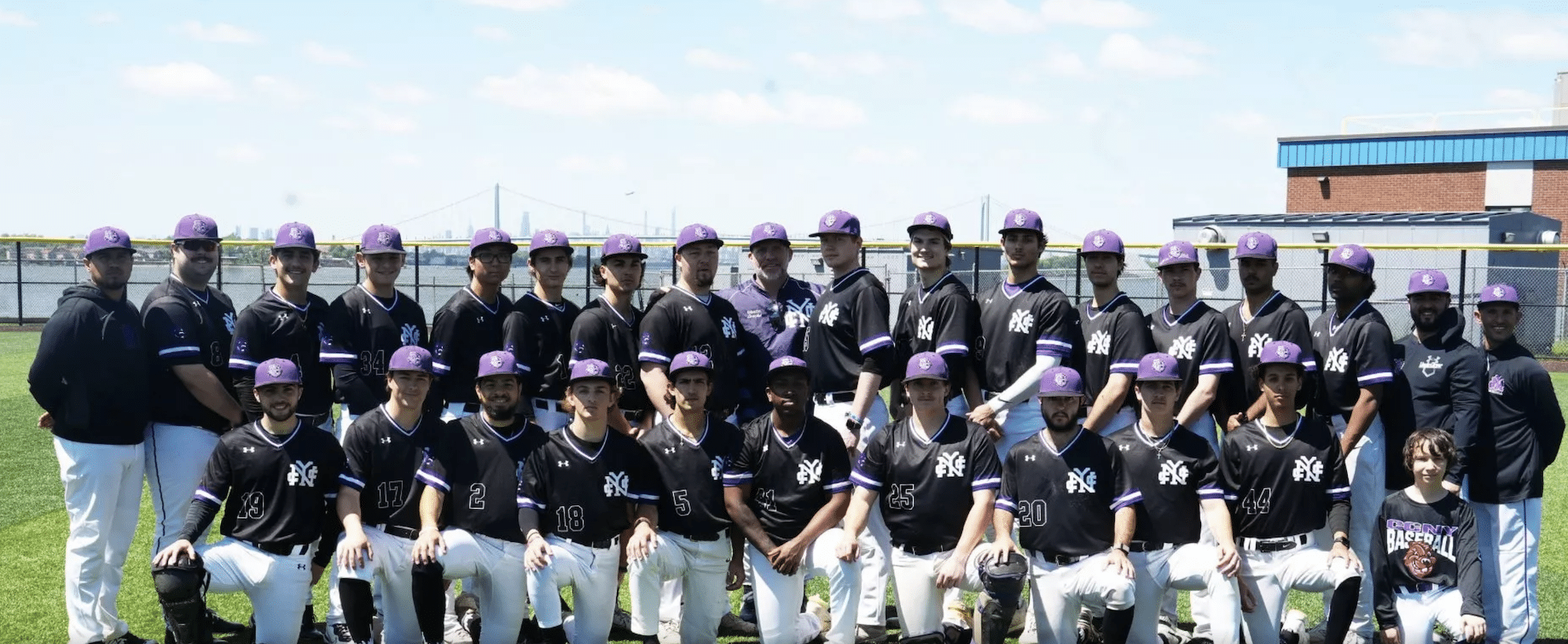Former Mets’ reliever Billy Wagner heads into his ninth year for Major League Baseball Hall of Fame consideration.
Former Mets’ reliever Billy Wagner was shut out of the Major League Baseball Hall of Fame again. The Baseball Writers’ Association of America (BBWAA) gave the nod to Scott Rolen this year. Rolen was a defensive wizard for the Phillies and viewed as the Brooks Robinson of the early 2000s. But Billy Wagner just missed the 75% needed to be elected
Wagner, a dominant reliever in the late 90s and 2000s, finished with 68.1% of the vote on his eighth year on the ballot, just 27 votes shy of election. Wagner will get his ninth chance next year, but players are only eligible for ten years of consideration before the Era Committee made up of baseball veterans does a review.
Wagner only played for 16 years while the average Hall of Famer played 18 seasons, but Wagner seemed to win favor with the writers because his total votes climbed consistently from the 10.5 % in 2016 when he first appeared on the ballot.
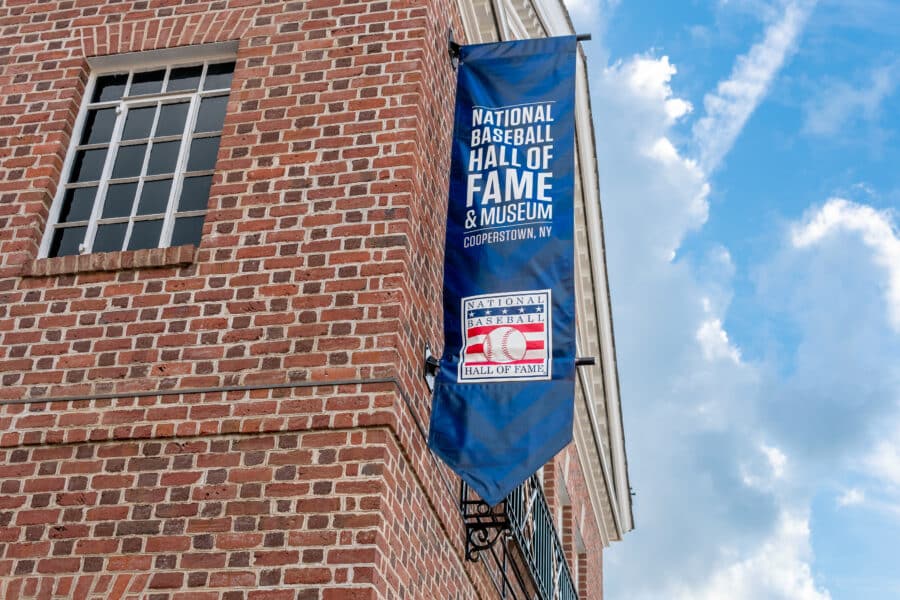
Wagner’s stats build a strong case for him. He had a career 2.31 ERA . But saw his season ERA climb above 3.00 once, in 2000, when he had trouble staying on the field because of a left elbow injury. Wagner is sixth all-time in career saves with 422 and ranked second all-time for lefties, just two saves shy of John Franco’s 424.
At .998, Wagner has the only career WHIP (a measure of baserunners allowed per inning) under 1.00 based on all pitchers who have thrown at least 900 innings in the past 100 years. He is also the only pitcher with more strikeouts (1196) than total bases allowed (953).
Voters historically have withheld votes from relievers. Only eight relief pitchers have received the call to Cooperstown: Dennis Eckersley, Bruce Sutter, Rollie Fingers, Trevor Hoffman, Mariano Rivera, Lee Smith, Hoyt Wilhelm, and Goose Gossage. If Wagner is elected, he would join the select few relief pitchers.
Wagner had a bumpy road to the major leagues. He was originally a righty but taught himself to throw lefty after recurring injuries. He was also the rare draft pick out of a Division III college baseball program (Ferrum College) and an even rarer one to make it to the big leagues. Division III produced only six active MLB players.
Wagon defied the odds and reached the majors as a lefthander and became one of the most dominant relievers of his era. His fastball clocked 100 mph in his prime. A feat that wasn’t as common as it is in today’s game.
So why did the writers pass him over again?
Series: Sports
